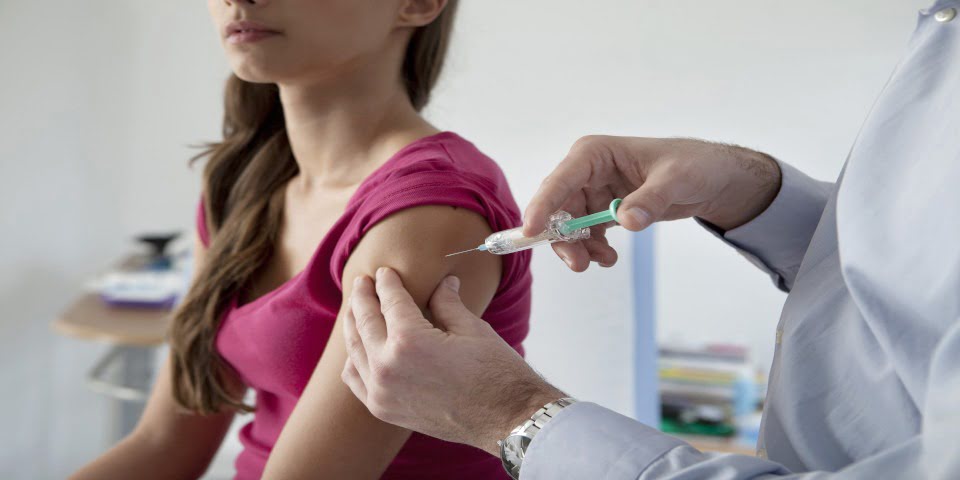Australia is set to become the first country in the world to eliminate cervical cancer following the success of the human papilloma virus (HPV) vaccination program and the changes to the national cervical screening program.
New research from Cancer Council NSW, being presented this week at the International Papilloma Virus Conference (IPVC 2018) in Sydney and published on The Lancet Public Health, has shown that if vaccination and screening coverage are maintained at their current rates, cervical cancer is likely to be eliminated as a public health issue within 20 years.
The new research predicts that cervical cancer rates will drop to less than six in 100,000 by 2022 – meaning that it will soon be considered a rare cancer. Rates will continue to drop further, dropping below four in 100,000 by 2035. These findings indicate that Australia is on track to be the first country to eliminate cervical cancer by successfully implementing a combined approach to vaccination and screening.
“The World Health Organisation recently called for action to eliminate cervical cancer,” Cancer Council NSW Director of Research Professor Karen Canfell said. “This is such exciting news for women across Australia. We’ve been leading the way in cervical cancer control for many years and we’ll be sharing our research and approaches with the rest of the world as part of a global push to eliminate this highly preventable cancer.”
Australia transitioned to a new five-yearly HPV cervical screening test for those aged 25-74 from last year, replacing the two-yearly pap test previously offered for those aged 18-69 years. The new test looks for the presence of HPV, the virus that causes almost all cervical cancers, and is expected to lower cervical cancer cases and mortality by at least 20 per cent.
“To achieve elimination, it’s vital that women continue to participate in the national cervical screening program and that girls and boys are vaccinated against HPV through the national HPV immunisation program,” Professor Canfell said. “Under the new screening program, women should have their first screening test at age 25 and then every five years, if no high-risk HPV is detected.
“Those who have previously had the pap test should have their next cervical screening test two years after their last pap test, after which point they can move to five-yearly screening.”
The new research on cervical cancer elimination is being presented during IPVC 2018 at ICC Sydney, where researchers from around the world have gathered to hear the latest insights in the control of HPV-related cancers.
“Delegates from other countries are eager to learn from the public health successes we have achieved in Australia,” said Professor Ian Frazer, from The University of Queensland, who co-invented the HPV vaccine and co-authored the new study.
“We have taken major steps forward with HPV vaccination, and with the introduction of the new screening program, and now this new Cancer Council research predicts that we will be the first country in the world to achieve the elimination of cervical cancer.”






